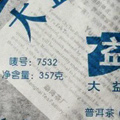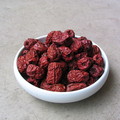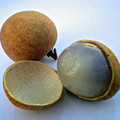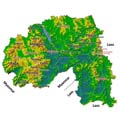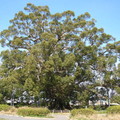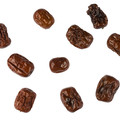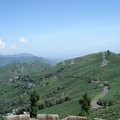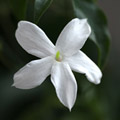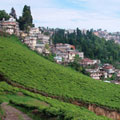 1 review
Added 06.01.2014 by Eternal Spring,
Tea status: [317] A
6532x
1 review
Added 06.01.2014 by Eternal Spring,
Tea status: [317] A
6532xCategory: Pu-erh
Country: China
Province: Yunnan
Harvest: 2013 Hekai, Menghai
Date of production: Late March 2013
Producer: Cha Wang Shop Exclusive Products
Shop: Cha Wang Shop

Tags: Gushu , Sheng - Raw Puerh , Maocha , Menghai , Hekai , 2013
Description:
The mao cha were picked on the same day from the same tea garden. Light yellow liquor with rich scents of wildflowers; approachable, with a soft, smooth mouthfeel; fresh, delicate taste. This excellent sample will help to know the taste of Hekai tea.

 Shops
Shops







 Share on Facebook
Share on Facebook











